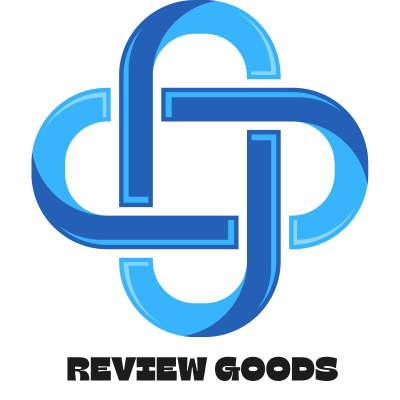How Robotics Is Used in Healthcare: Transforming Patient Care Today
How Robotics Is Used in Healthcare Robots are becoming more common in hospitals and clinics. They help doctors, nurses, and patients in many ways. This article explains how robotics is used in healthcare. We will see different examples and how…







